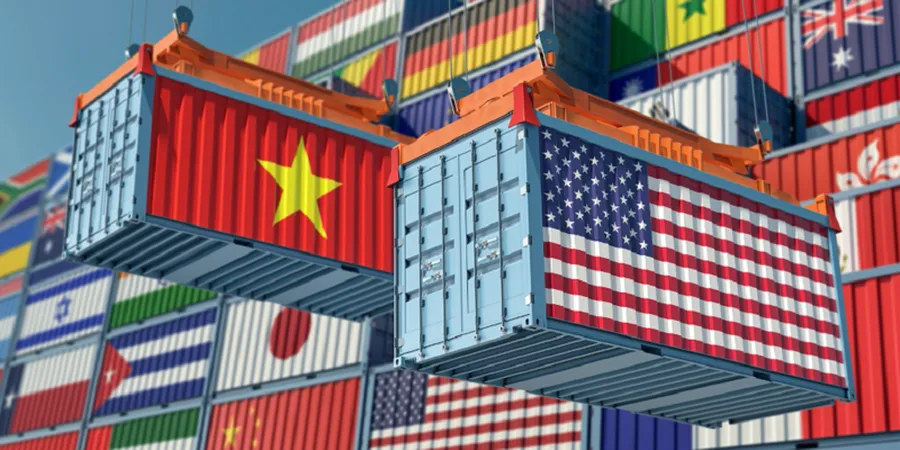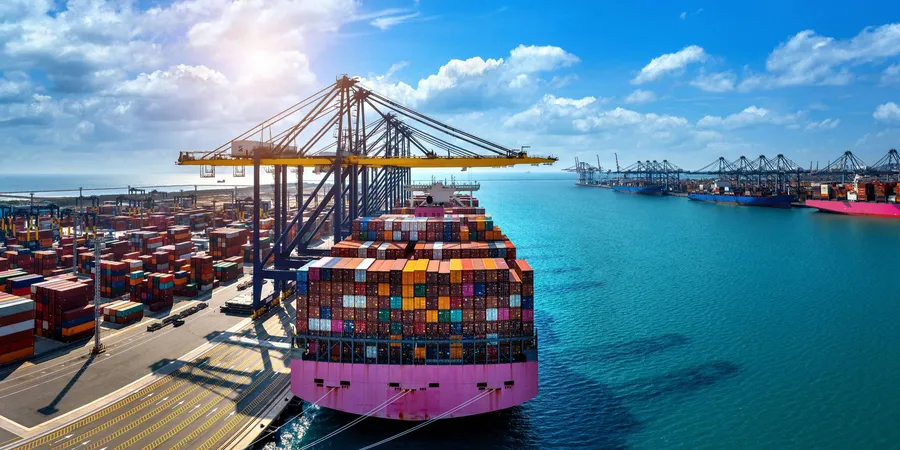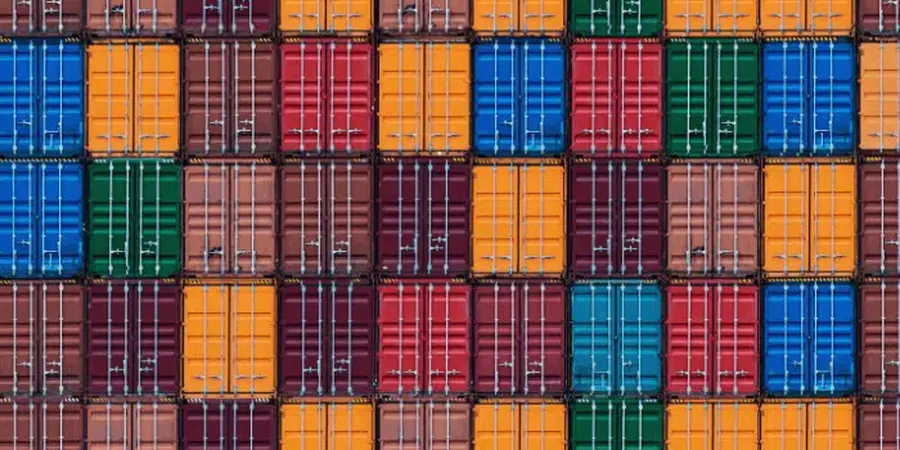Material Safety Data Sheet or MSDS Used on Ships
A ship has to carry different types of cargo which includes oil cargo, chemical cargo, and cargo in gaseous form. These types of goods are hazardous for marine environment as well as for the health of seafarer. Apart from carrying cargo, the ship carries different types of chemicals and solutions which are used for several marine operations. A Material Safety Data Sheet is provided for such cargo and also for chemicals carried onboard which are used for maintenance purpose.
Hazards on board Ship
Goods present on board ship that can be hazardous to the ship and its crew are:
- Different hazardous goods like fuel oil, lube oil, chemicals, LNG, LPG etc.
- Cargo carried in containers under IMDG code.
- Fuel oil and lube oil carried as a bunker are also hazardous in nature and can harm humans and environment
- For maintenance and operational purpose, different kinds of chemicals are used onboard which can be hazardous. They are mostly used as cleaning agents, for water treatments, for dosing in fuels and as an additive in sanitation systems.
Purpose of MSDS
- MSDS is carried onboard for ensuring the safety of marine environment and seafarers.
- MSDS provides useful and accessible information on the product carried on board, either as a cargo or for operational purposes.
- MSDS is to be carried out for all individual hazardous material carried on board along with proper personal protective equipments (PPE) so that in the time of emergency, appropriate procedures and swift response can be achieved in that situation.
Legislative Requirements
As per SOLAS regulation 5-1 complying with ISM code, Merchant ships are mandates to carry MSDS onboard, if ships are carrying a MARPOL Annex I Cargo or bunker onboard.
Content of MSDS
- Hazard Identification along with identification of the mixture or content
- Composition or information of the ingredients
- Fire fighting measures
- First aid measures
- Accidental release measure.
- Handling and storage criteria.
- Personal protection and exposal control methods
- Chemical and physical properties of the mixture.
- Information about the toxicity of the material.
- Ecological and Disposal information
- Transport and regulatory information.
- Additional information on the preparation and revision of MSDS.
References: veristar, maritimenz





